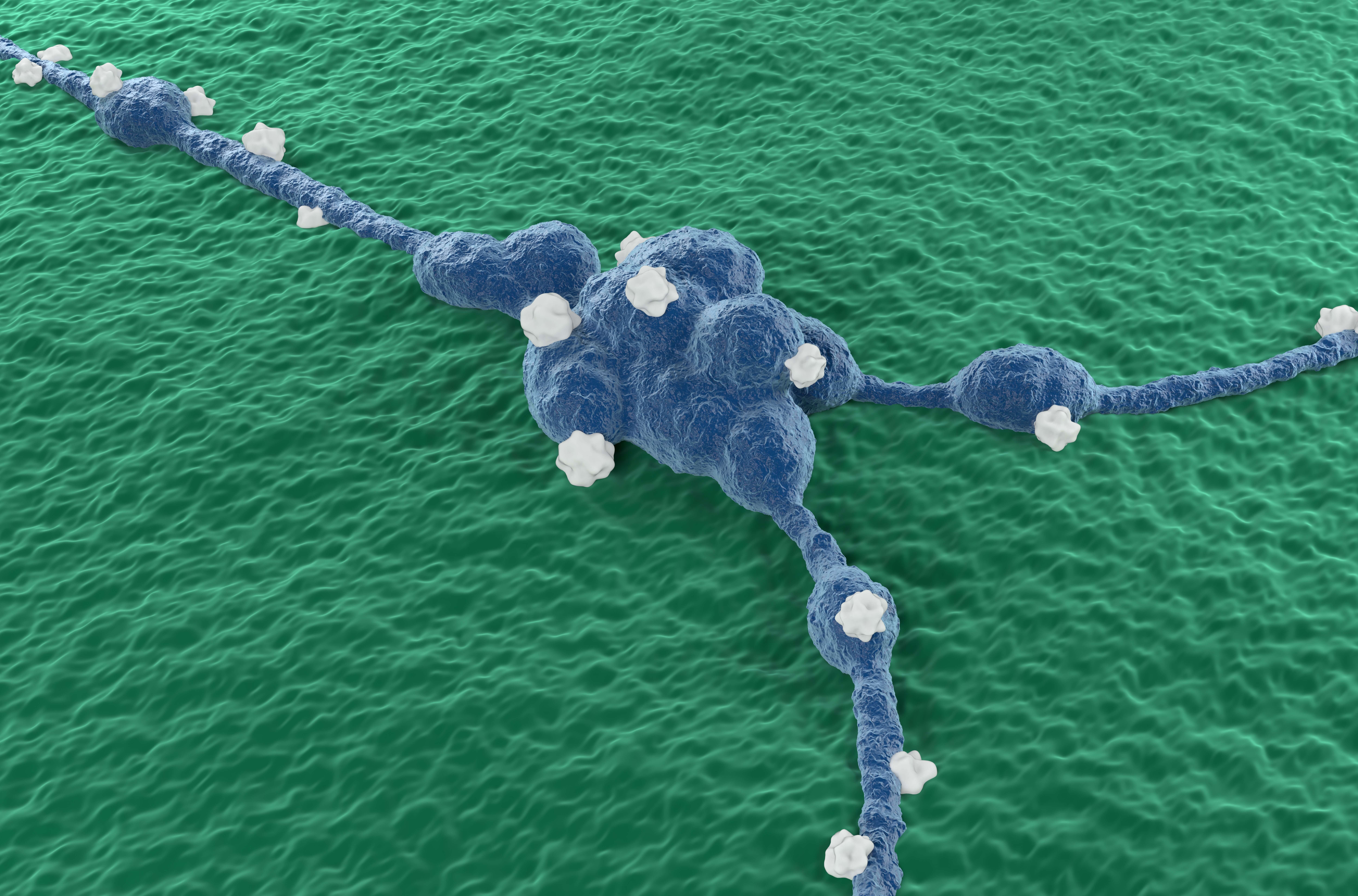Scientists are making strides in treating children with an aggressive brain cancer known as neuroblastoma. A study in mice finds that blocking a protein called dihydroorotate dehydrogenase (DHODH), involved in metabolism and DNA synthesis, can prevent the tumor from growing. The findings could inspire clinical trials in humans, that if effective, could be an effective cancer treatment.
Neuroblastomas are one of the deadliest forms of cancer in infants. They are tumors of nerve tissue that are often diagnosed before the age of two. Children that have a relapse of the cancer have a low chance of survival.
“Through targeted treatment with specific DHODH blockers, we show in different cell and animal studies that cancer cells die, and that tumors stop growing,” says Ninib Baryawno, senior researcher at the Department of Women’s and Children’s Health at the Karolinska Institute, in an institutional statement. “This is very promising, as DHODH blockers have been shown to be well-tolerated in clinical trials for other disorders.”
The DHODH blockers are an addition to the chemotherapy children with neuroblastoma receive as part of their treatment plan. The combination regimen was effective in mice with an aggressive version of the brain cancer.
“This combination therapy should be tested clinically as it has the potential to improve survival in children with neuroblastoma,” says Baryawno. “This is sorely needed since the chances of survival on relapse are unfortunately small with current treatments.”
The study enrolled 600 children with neuroblastomas to study their tumors. They considered those with tumors containing high DHODH levels more aggressive and deadly. The researchers then used mice with induced tumors and cell cultures and exposed them to a DHODH blocker called Brequinar.
After using Brequinar, the team looked at the tumors’ gene expression. Using the DHODH blocker lowered the activity of the MYCN gene, the driver of tumor growth. But a single dose of Brequinar was not enough as the tumors grew back after treatment.
Brequinar was then combined with chemotherapy, which successfully eliminated the tumors in mice. “Neuroblastoma is a disease that begins very early in development, even at the fetal stage,” says joint first author Thale Kristin Olsen, a researcher at the Department of Women’s and Children’s Health at the Karolinska Institute. “The next step of our research is to find out why the DHODH protein is so critical to tumor growth.”
The study is published in the JCI Insight.












